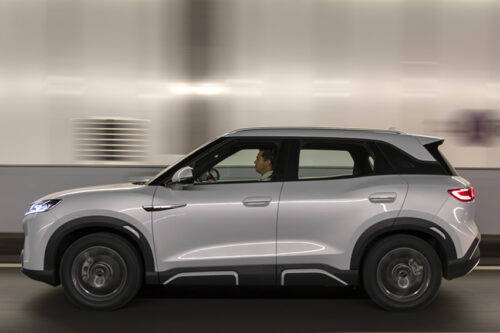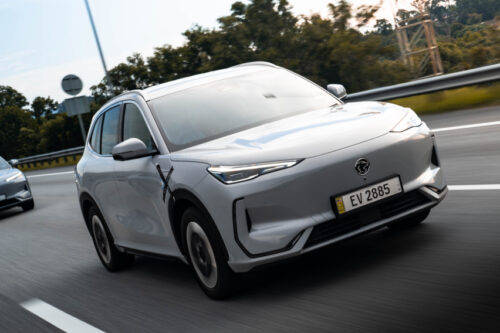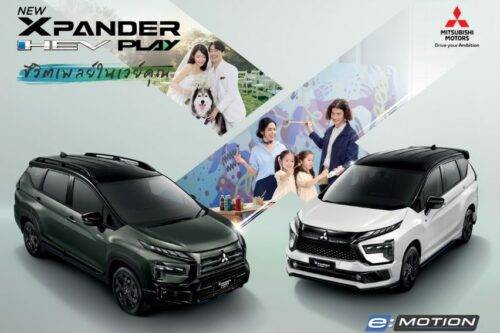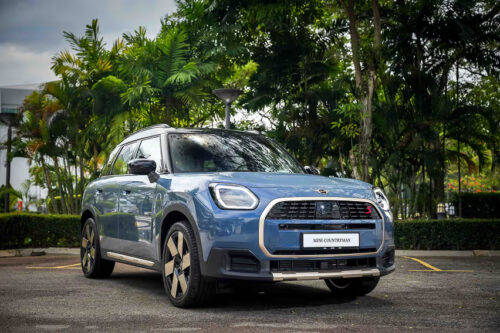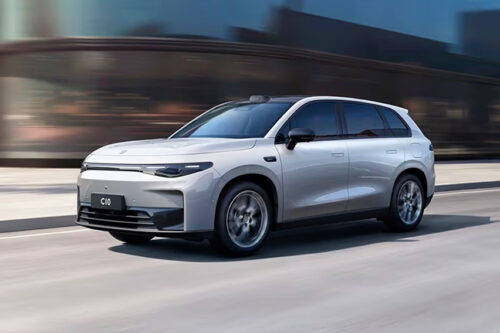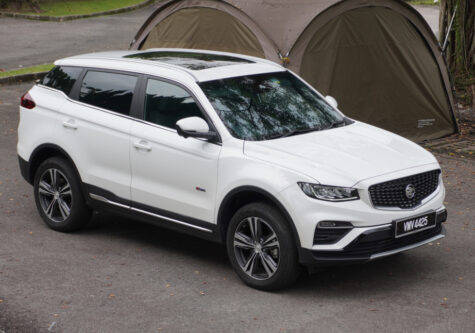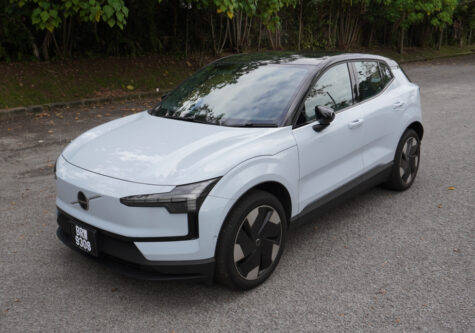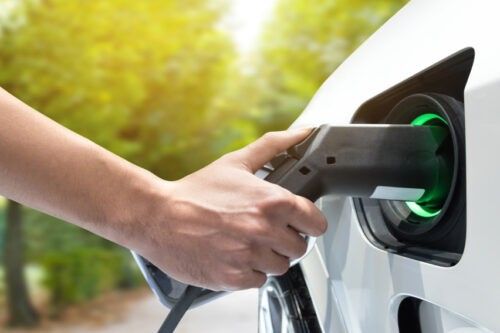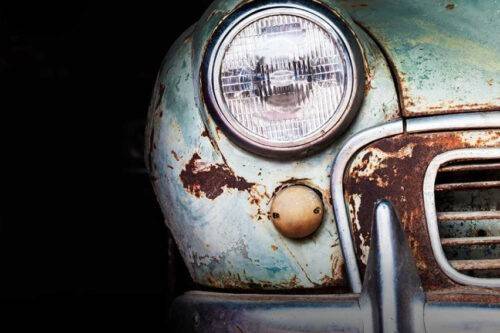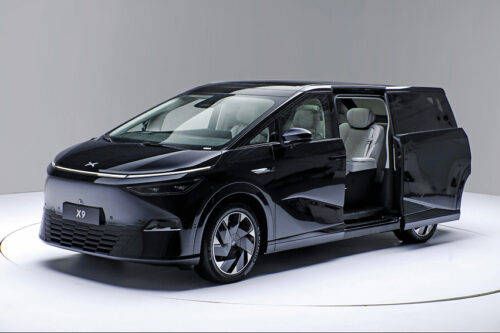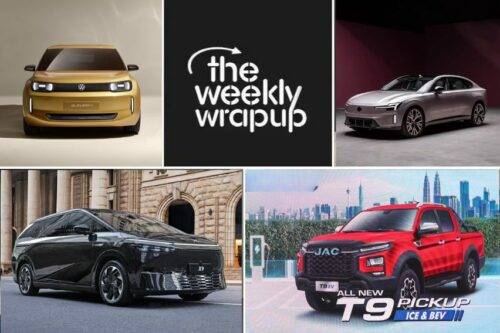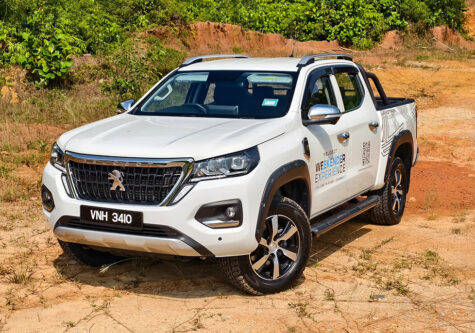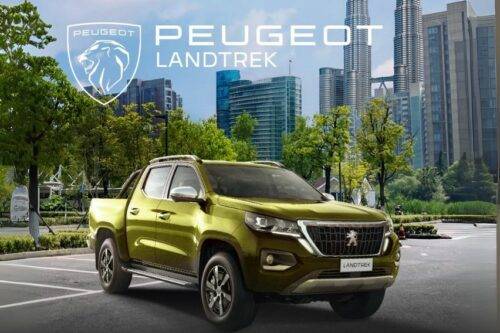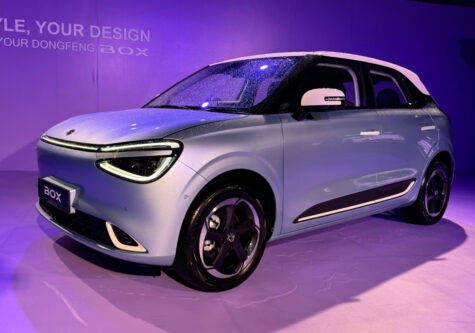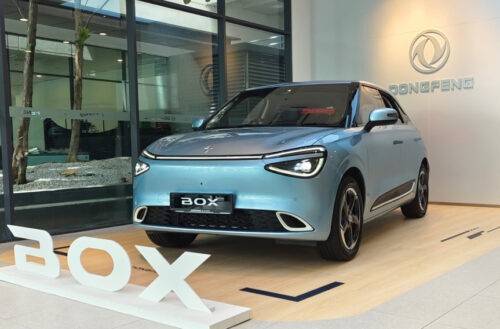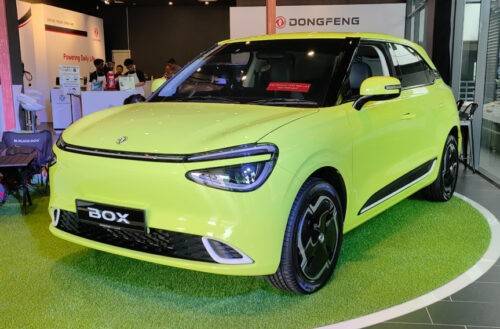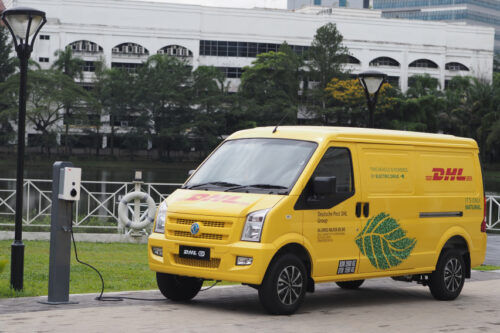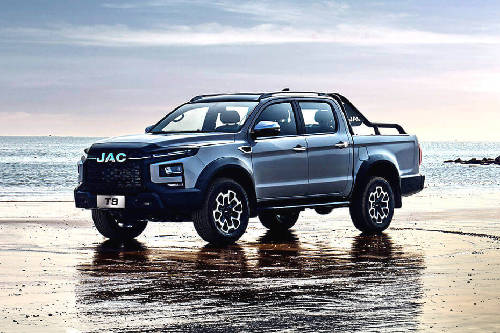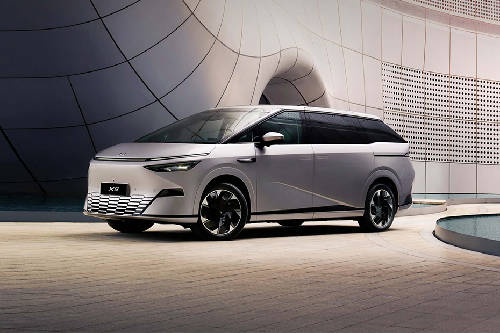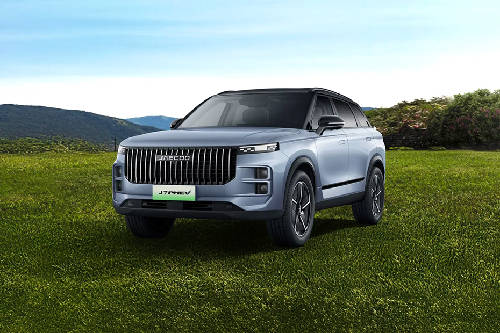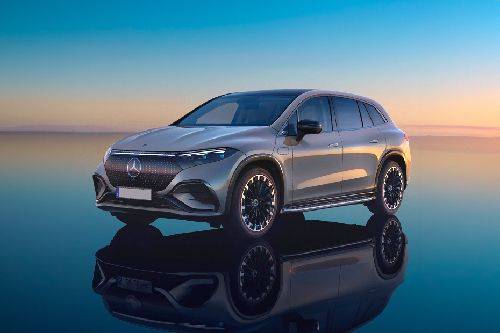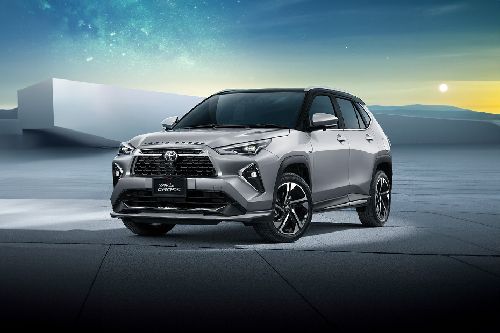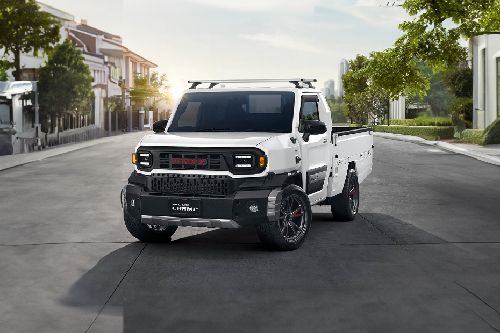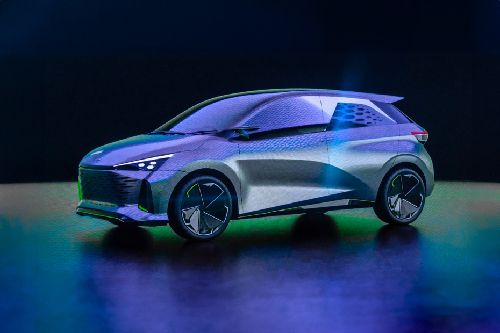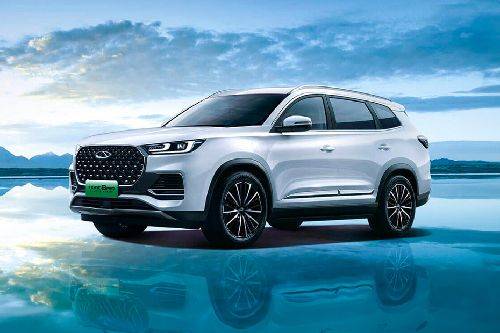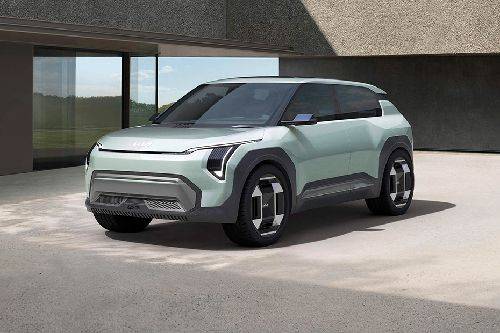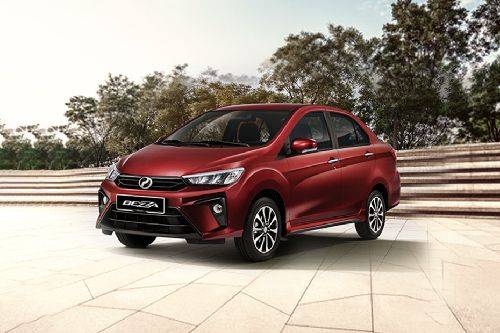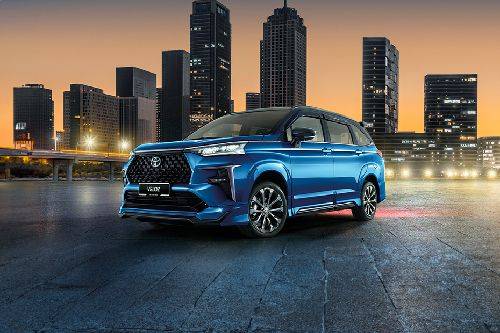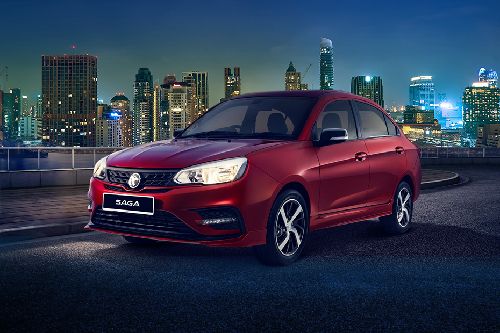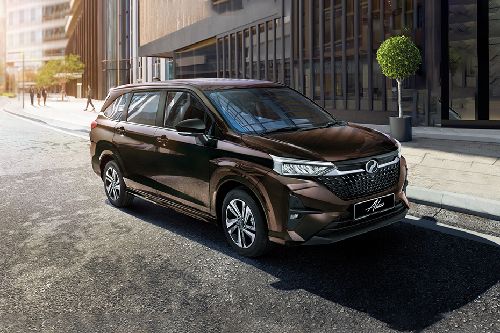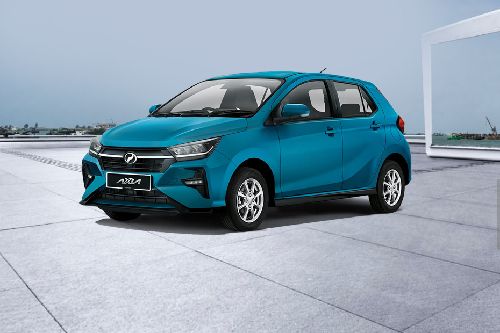DongFeng electric van arrives in Malaysia at RM 130,000
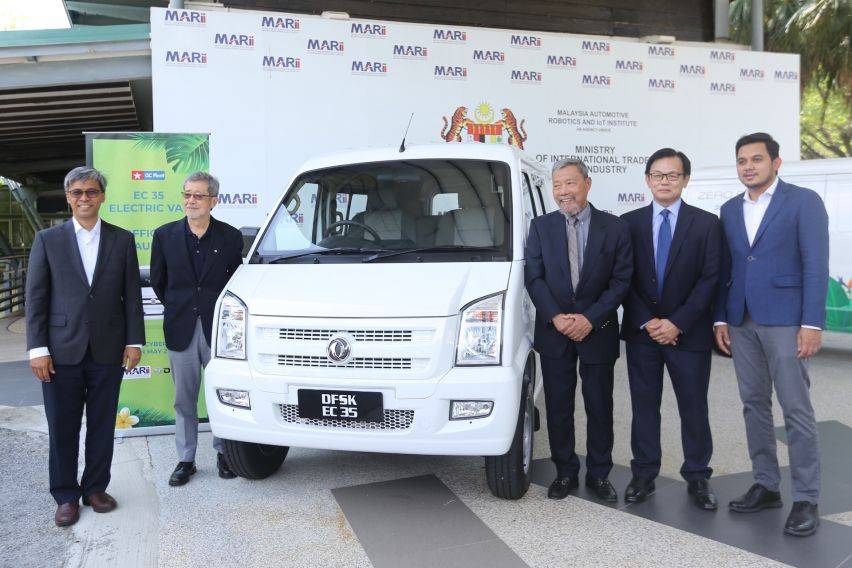
KUALA LUMPUR: This first-ever all battery powered electric commercial van named DFSK EC35 will be a true test of corporate Malaysia’s intention to go ‘green’ or not. Why? Well, with an asking price of RM 130,000 and the ‘Made In China’ heritage, we wonder which Malaysian company with a fleet of commercial vans will look seriously into converting their current fleet of petrol or diesel powered vans to this clean energy vehicle.
KEY TAKEAWAYS
How much does the DFSK EC35 EV cost?
The DFSK EC35 EV is priced at RM 130,000 in Malaysia.Please note that this asking price of RM 130,000 is already enjoying the Malaysian government's import duty exemption for fully electric vehicles and also the free road tax fee.
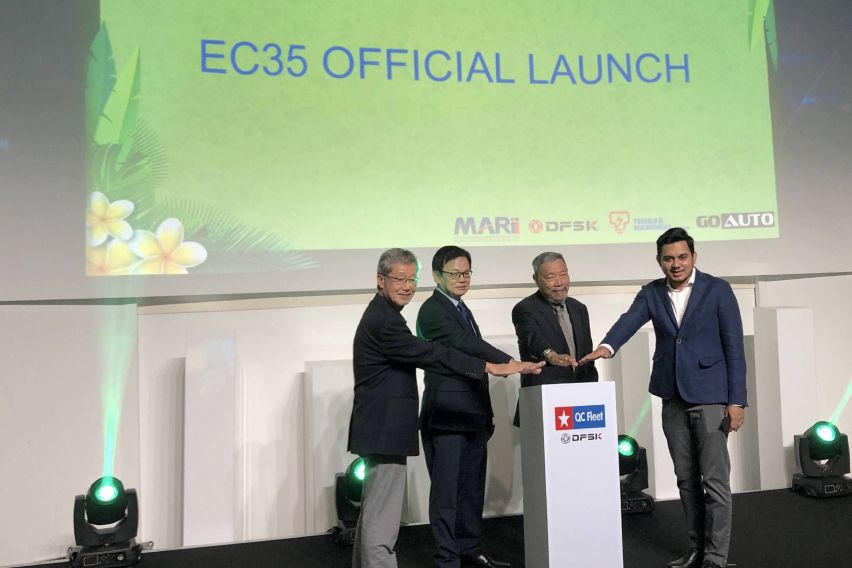
Yes, it is a well-known fact that electric vehicles cost less to run and DongFeng mentions a 33 per cent savings in servicing costs and an estimated 78 per cent savings in subsidized fuel.
However, with only 500 plus charging stations around the country right now and the increasing number of private electric vehicle owners coming on our roads, we are quite sure that the fleet buyer for an electric van will need to have their OWN charging station at their premise and cargo loading areas.
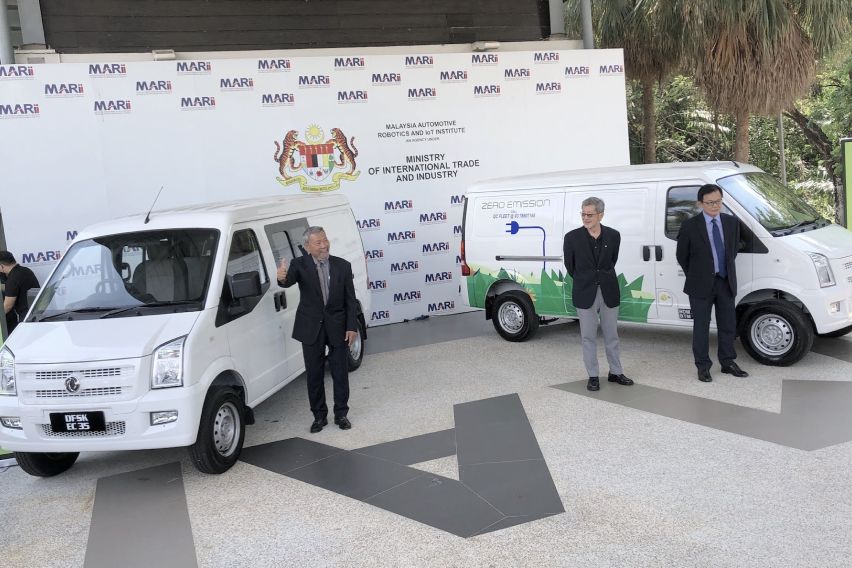
Current rivals to this all electric DongFeng electric van starts with the popular Nissan NV200 which uses a frugal 1.6L engine and offers great reliability and function at a selling price of just RM 72,888. Then there is the very popular Toyota Hiace with its 2.5L turbocharged engine and a selling price of RM 108,000.
Then we have the Maxus V80 which also uses a 2.5L engine and this sells for RM 102,000. Let's not forget the recently launched Foton View C2 van which uses a reliable Japanese 2.8L diesel engine and comes with a sticker price of just RM 84,000. There are a few more rivals in the segment, mostly from China and sold by private importers. Vans like the King Long Placer that uses a 2.8L Isuzu diesel engine and sells for just under RM 85,000 and then we have the Chana Jin Bei Rea High Roof Van with a 2.5L engine that retails for RM 108,000.
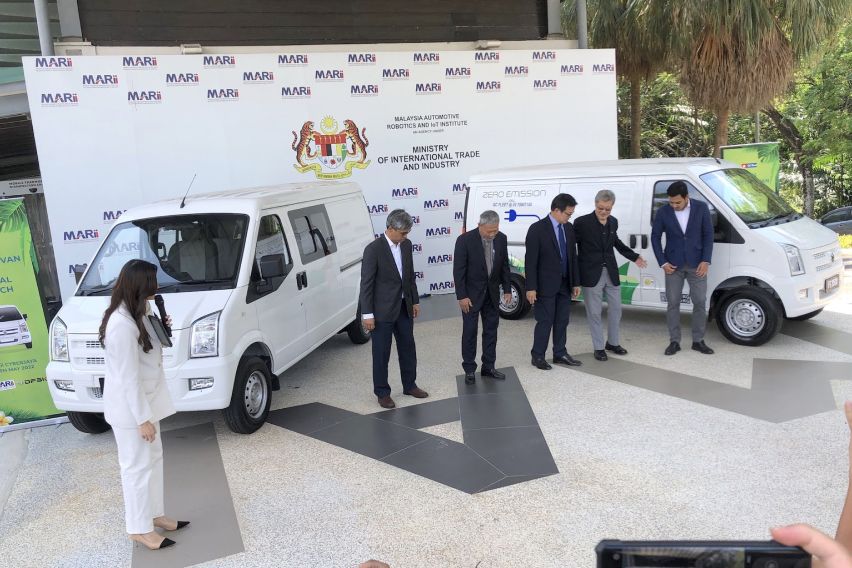
Knowing all this, any fleet purchasing manager in Malaysia will consider the RM 130k purchase price of the DongFeng EV against a Toyota Hiace or Foton View C2 which has a lower upfront purchase price, plus there is no investment needed for charging infrastructure and add to this, the negligible worry of their driver running out of battery power when rushing for deliveries.
With an EV delivery van, drivers need to wait for an available battery charger space, wait for the EV to be 80 percent charged (takes time) and most current diesel delivery vans command decent used values even after 5 to 8 years of use. With an EV delivery van, the battery might need to be changed after 7 to 8 years of use and it might be cheaper to scrap the EV van. So, the returns on investment for the next 5 to 10 years make more sense for diesel powered delivery van over a battery powered van.
However, if the fleet van buyer wants to offset their carbon credits (DHL, Amazon and so on) because they are part of a global brand, then this DongFeng makes sense right now.
Also read: Will there be enough EV charging stations in Malaysia by 2025?
Sell your car at the best price
 Verified and genuine buyers
Verified and genuine buyers
Trending & Fresh Updates
- Latest
- Popular
You might also be interested in
- News
Featured Cars
- Latest
- Upcoming
- Popular

